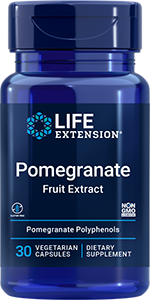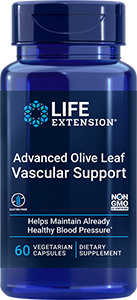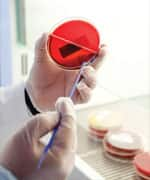|
Tuesday, September 23, 2014. A pilot study reported in the September, 2014 issue of The American Journal of Gastroenterology found a benefit for the administration of granulocyte colony-stimulating factor (G-CSF) in patients with severe alcoholic hepatitis, a condition with high short-term mortality.
"Both animal and human studies have suggested that CD34 + cells might contribute to hepatic regeneration and repair after various forms of acute liver injury," write authors Virendra Singh, MD, and colleagues. "In animal models of liver injury, bone marrow–derived circulating pluripotent cells [stem cells] are reported to participate in hepatic regeneration, which may be dependent on the type of liver injury and experimental conditions. Several studies have demonstrated the safety and efficacy of granulocyte colony-stimulating factor in promoting the mobilization of bone marrow stem cells, leading to improved histology and survival after liver injury. Recent studies using G-CSF as a treatment modality in patients with acute-on-chronic liver failure (ACLF) have shown clinical, biochemical, and histological improvement in liver function."
Among 46 men who received standard medical therapy for severe alcoholic hepatitis, 23 received subcutaneous G-CSF twice daily for five days. CD34+ cells (whose mobilization in peripheral blood is a marker for hematopoietic stem cell mobilization) and white blood cells were measured in peripheral blood samples, and liver function was assessed before and after treatment, and at one, two and three months.
Treatment with G-CSF resulted in an increase in white blood cell counts and a trend toward higher CD34+ cells on the sixth day of the study in comparison with levels measured prior to treatment. Median changes in clinical scores that evaluated liver failure and prognosis were reduced at one, two and three months in G-CSF patients in comparison with those who did not receive it. At day 90 of the study, eighteen patients who received standard medical treatment alone had died in comparison with five among those who also received G-CSF. No major side effects were observed in association with G-CSF.
The authors conclude that G-CSF is safe and effective in mobilizing hematopoietic stem cells as well as improving liver function and patient survival. They observe that G-CSF has also reduced the rate of acute rejection and sepsis-related death in liver transplant patients. The positive outcome of this pilot study could lead to larger trials of G-CSF in patients suffering from alcoholic hepatitis or other conditions.
|








